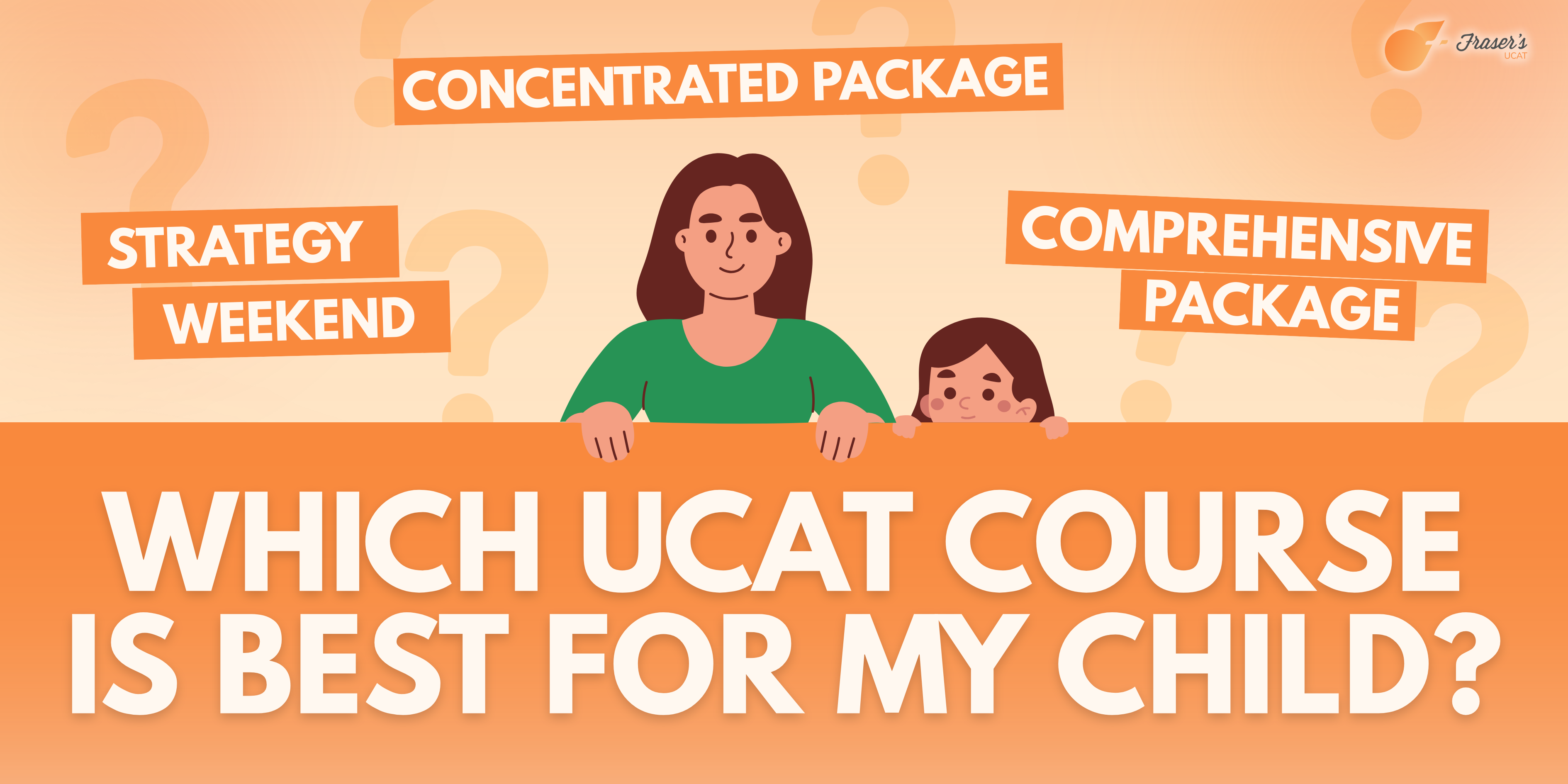The Australian Tertiary Admission Rank (ATAR), and variations thereof (such as GPA, NCEA and IB) are necessary to assess your academic capacity to study medicine. Medical schools will also use your UCAT score, accompanied by a medical interview, to determine which individuals are best suited to study medicine at an undergraduate level.
What ATAR Do I Need To Study Medicine in 2026?
ATAR is a metric used to assess your academic performance in Australia. Medical schools often provide data relating to pre-requisite scores and scores considered to be competitive with regard to entry into medicine, denoted as ATAR requirements.
Most candidates will be in year 12 and would have already sat the UCAT between the months of June and July of that year.
The table below provides a summary of academic prerequisites (ATAR, IB and GPA) to study medicine and dentistry in Australia and New Zealand.
Please note that meeting the prerequisite score does not guarantee entry into medicine or dentistry, and a much higher academic score is needed to be considered competitive in entry into such programmes. In many programmes, your UCAT score and interview score will also factor into receiving an offer to study medicine or dentistry.
What ATAR, IB, and GPA Scores Are Needed to Study Medicine in Australia and New Zealand (2025-2026)?
Based on published 2024-2025 data: subject to change, always verify with each university.
*Scores based upon IB and GPA conversions from ATAR (where actual GPA scores could not be found)
Frequently Asked Questions - UCAT ATAR Requirements to Study Medicine
What Is the UCAT (University Clinical Aptitude Test)?
The UCAT ANZ is used to assess various attributes and qualities desirable in prospective medical and dental students. These qualities are assessed over a two-hour period, across 234 multiple choice questions broken down into four subsections, namely: verbal reasoning, decision making, quantitative reasoning and the situational judgement test. Previously, the UCAT also included an Abstract Reasoning section, but this has now been removed.
Any individual currently studying or has completed Year 12 of secondary schooling is eligible to sit the UCAT. Individuals who have also begun studying a tertiary qualification, such as a bachelor's degree or a diploma, are also eligible to sit the UCAT. Year 11 students and lower, however, are not eligible to sit the UCAT.
What University Clinical Aptitude Test (UCAT) Score Is Needed To Gain Entry Into Medicine?
Your overall UCAT score is an aggregate of four of the five the exam sections, and will range from 1800 to 3600. If an individual scored around 2920 in 2020, they were considered to be in the top 10% (or decile) of all UCAT candidates.
It is worth noting that each university listed above assigns a different weighting to the UCAT.
Which Universities Do Not Use The University Clinical Aptitude Test (UCAT)?
There are only two universities in Australia that do not use the UCAT as a means of assessing a student’s capacity to study medicine: Bond University and James Cook University.
Instead, Bond University utilises psychometric testing to assess the cognitive and emotional capacity of prospective medical students, whereas James Cook University requires students to respond to three questions in an essay format in order to be considered to study medicine.
How Do I Balance ATAR And UCAT Study?
Time management and effective study habits provide the key to undergraduate medical admission and ultimately success as a medical student.
It is recommended that secondary school students treat the UCAT as though it is another subject, and ultimately focus on their cognitive “soft” skills as well as reiterative practice. You might also find that creating a timetable, or perhaps a Roadmap to UCAT study, will help orientate and divide your time better as a high school student.










